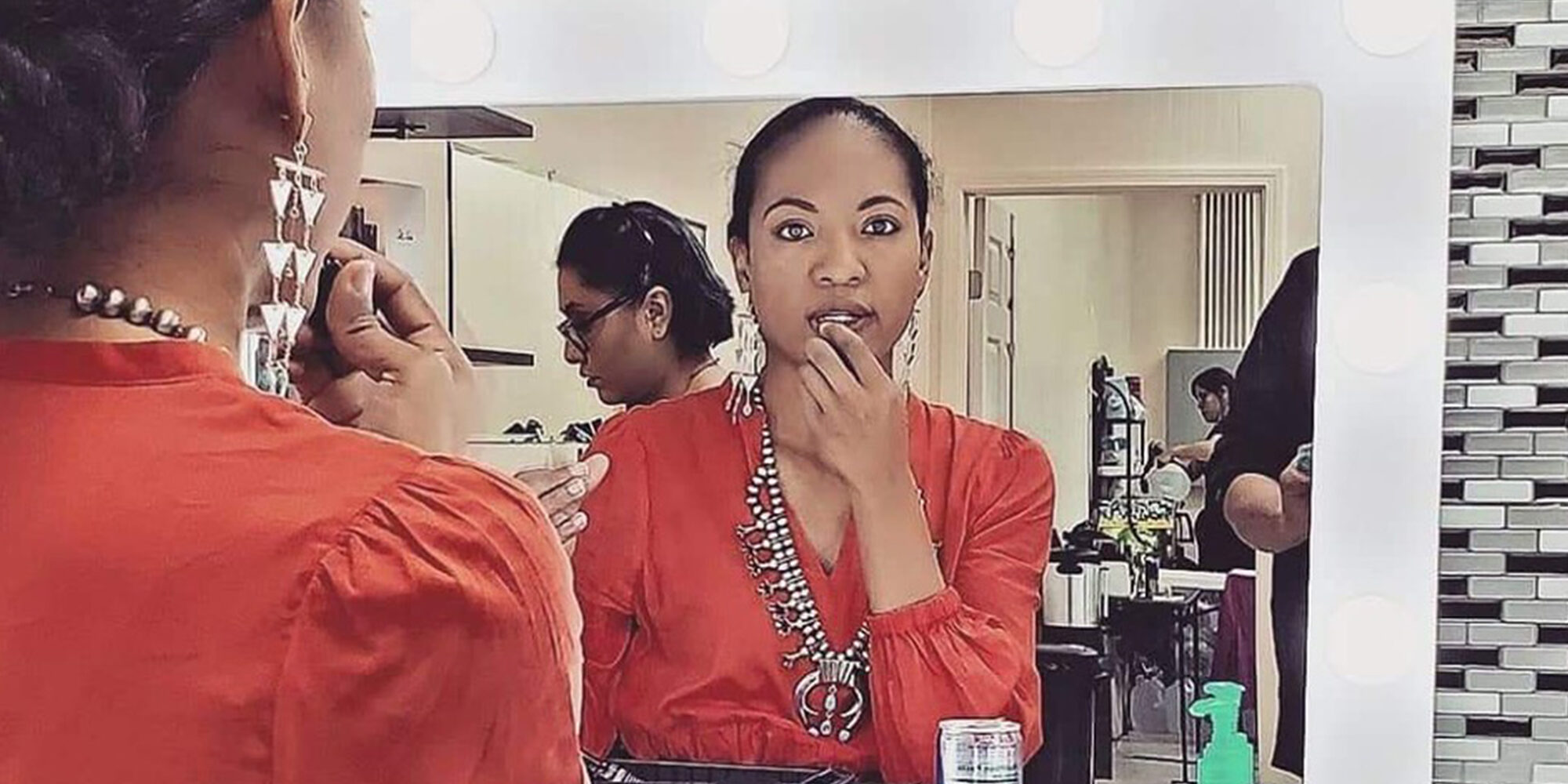
Native American-Owned Cosmetics Brand Ah-Shi Beauty Is Carefully Reopening Its Stores After Pandemic Closures
Last year, only months after founder Ahsaki Báá LaFrance-Chachere opened Ah-Shi Beauty’s studio, showroom, distribution center and gift shop in Gallup, N.M., and days after it opened a store in Navajo Nation capital Window Rock, Ariz., a first for a Native American-owned beauty brand in the country, the pandemic forced its locations to close. LaFrance-Chachere, a self-described “proud Diné tribal member and African American woman,” quickly transformed her business by servicing customers digitally, including with virtual consultations, and expanding to coffee. Ahead of Ah-Shi Beauty’s three-year anniversary on July 4, she filled Beauty Independent in on the status of the cosmetics brand’s stores, what’s next for it and her big-time long-term ambitions.
I can’t believe what we have done within three years. I guess I’m in the trenches so much so that I don’t see everything until I kind of step back and look at it like, “Oh, wow. We opened two locations. We did that pre-pandemic, and we’re still alive almost post-pandemic.” It’s really hard for Navajo businesses to open on our own reservation because there are so many restrictions. It’s regulated to the extreme. They make it really hard for our own people to thrive in our own businesses on our own land. It’s just so crazy. But to show the world and my people that—Hey, I did it! We did it! We opened on Navajo!—that was monumental.
These two spaces, they may be small, but they’re there. That’s a piece of history. We’re still here. And we’re more than just a cute, trendy brand. I wanted to come in with a skincare line and a whole cosmetics line. I want to be that megabrand. I want to become the Native American Estée Lauder.
When my store closed during the pandemic, I had to act quickly and start offering virtual appointments. My reservation got hit the hardest. We were like the No. 3 hotspot in the country. And now we’re in the position where I’m waiting for the permits to reopen [my Window Rock store]. We got one of the two permits we need.
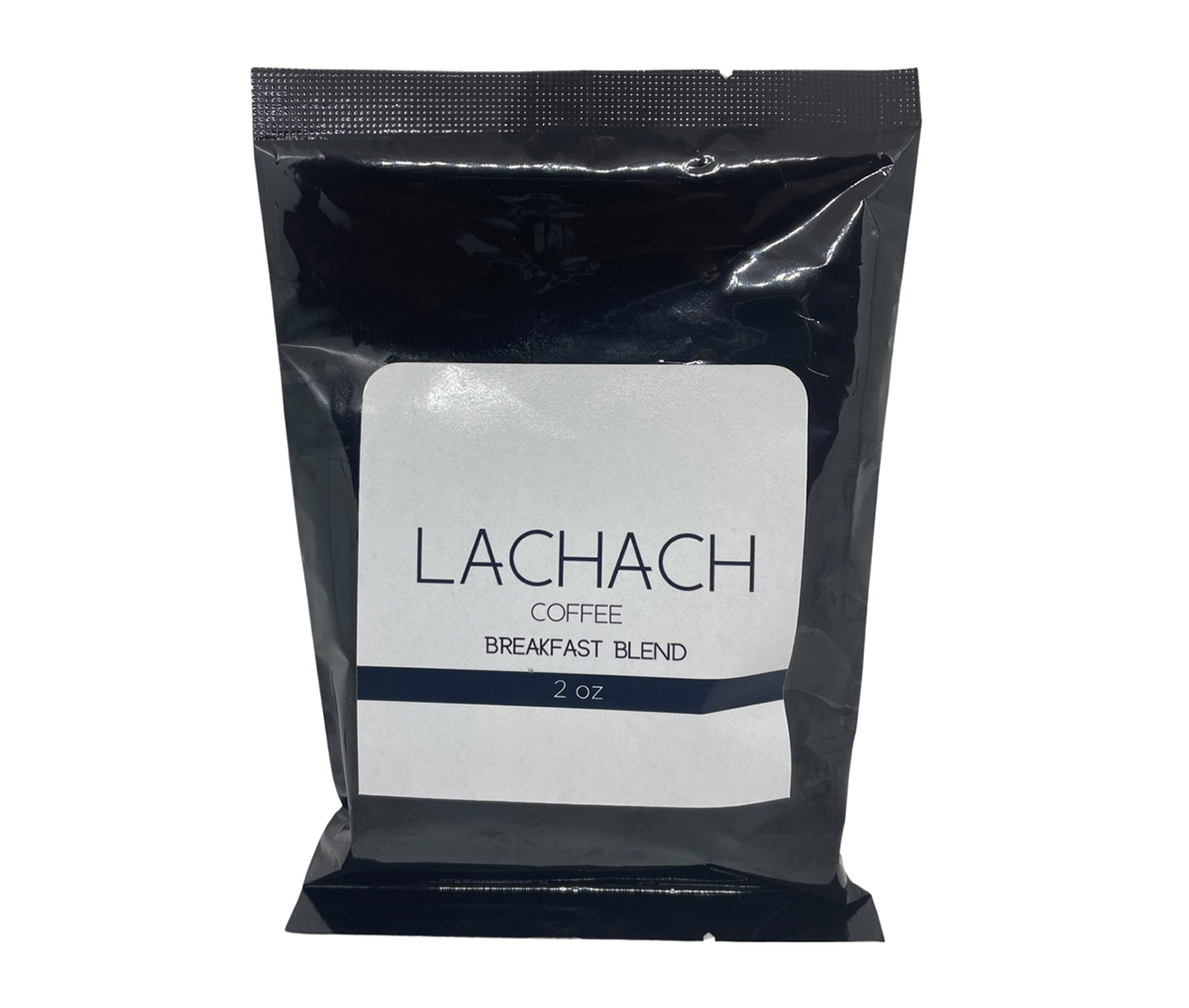
I’m in Window Rock right now just going from office to office to figure out how to get this one permit approved because I’m adding my coffee to the store. So I never, ever have to shut down again, I launched a coffee line. Being creative and being an entrepreneur, I was like, “Most of us boss babes and us people who love makeup, we always have a coffee in hand. So, why not?” It’s a little untraditional, but we were selling coffee online, and people were buying coffee and makeup at the same time. So, I’m like, “Oh, I could do this in the store!” If customers are doing this online, they should do this in the store.
There’s only so many people that will buy makeup, and I wanted to broaden my audience base so I can stay afloat. I have to play catch up. Paying rent for a space I haven’t been using over a year and a half and just relying on the online sales, I’m in bad red. I have not come out from underneath the water yet. So, I had to be creative.
I’m going to do curbside mobile pickup and deliveries in the Window Rock area because this is our capital. There are only like two places you can get coffee. The lines there are ridiculous. So, I’m like, “Hey, let me bring a coffee to you.” I could even bring people their beauty products at the same time. And, once I have all my permits, I’m hoping to open up in early July. Reopening any location as a small business, you’re starting off from scratch. You’re rebuilding your inventory all over again.
“I want to be that megabrand. I want to become the Native American Estée Lauder.”
I’m still really cautious. We’re in a yellow state at the moment. Because of the shopping experience that most people want to have when they come into stores—they want to try products first—I implemented a safety plan. In phase one, it’s going to be one customer at a time in the store. You’ve got to set an appointment to do in-store shopping. We only have a few hospitals on our reservation, and we lost too many people. And, even though 90% of our people have been vaccinated, people can still contract the virus.
I implemented the CDC regulations as well. I went to the extent of putting a UV light on my entrance. We shut down and clear that main traffic area every 15 to 30 minutes. Then, I added an air humidifier. I’m implementing these things into my Window Rock location right now, so that at least people can try the product. Because once they try it, it’s over. I don’t have to do anything else.
Our foundation line has really helped us become who we are. It’s what we’re known for. Not only do we have the Indigenous pigment pinpointed, but we have all those in-between shades. Harper’s Bazaar named us a game changer in the September 2020 issue.
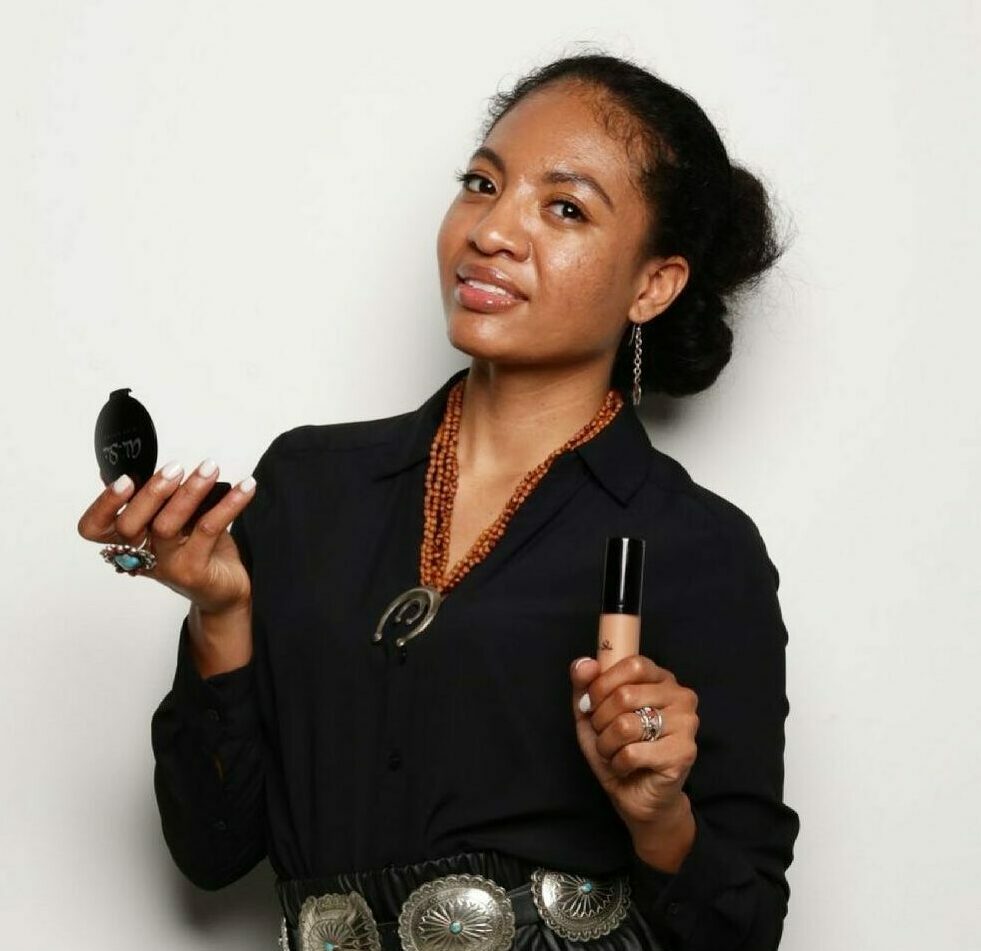
Beauty United, [a beauty industry coalition], has helped get me in contact with QVC. So, that’s what’s next. We’ve been in talks since about this time last year. On my end, I’m preparing my product for clinical testing and to make sure we’re ready. It’s going to take time. To be partnered with QVC and be a vendor for them, it’s bigger than a Sephora or Ulta Beauty. This is international. That’s definitely the ultimate goal for my brand: To be on QVC and to be accessible for all people around the world.
But everything starts here. Right now, I’m just focusing on getting my community back up and helping to turn our red economy green with my store. My people need me here. I need to do my job as a business owner to help my reservation, help my people. If that means concentrating on my store, that’s what I’m going to do. My nation needs economic rebirth.
Last year, I had a team of 15-plus employees between the two stores. I doubled the Navajo Nation minimum wage. I start my team at $11.75 to $15.75 an hour because who can live on a $7 minimum wage? I’m rebuilding my momentum and regaining sales again, so I can start hiring that team back. Right now, if I have to mop my own floors and do everything else, I’m going do that and save, save, save.
I can see hope right now. I feel like as a beauty brand, through the power of beauty, we can make a huge impact. My route is not traditional. I’m bringing a different way for a beauty brand to connect to the community. I’m focusing on my people first and showing the world what it’s like to be a novel entrepreneur on Navajo, who’s able to operate on and off Navajo. Hopefully, I encourage others to do the same and not to give up on our reservation.
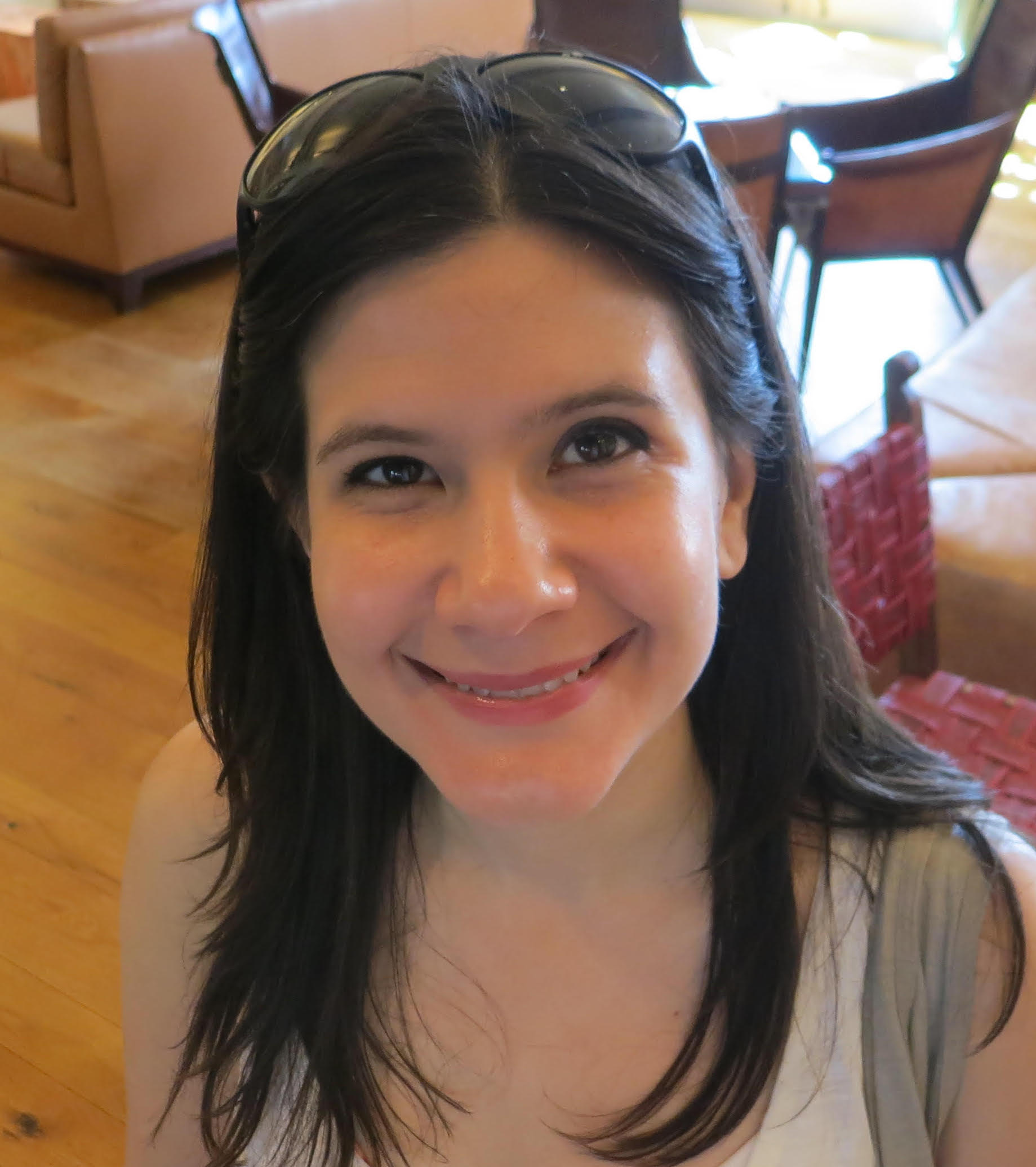
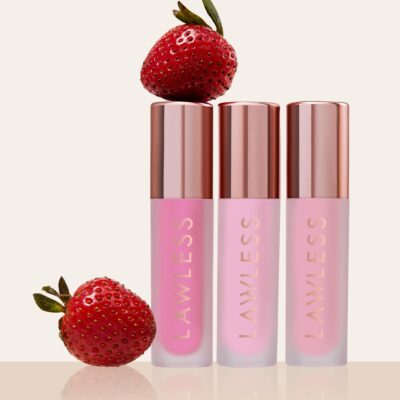
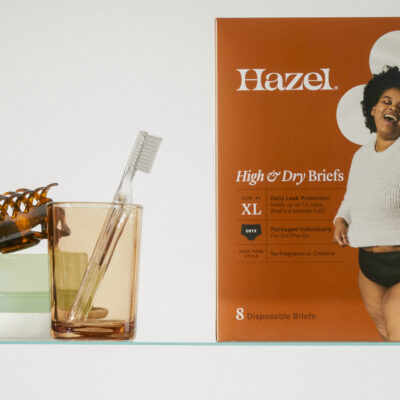
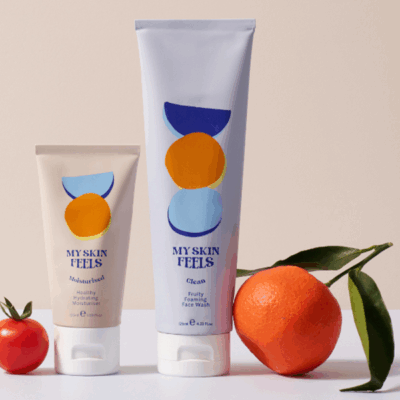
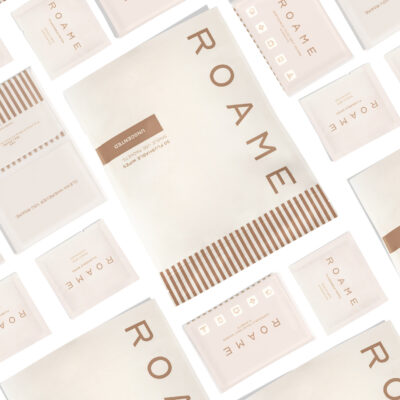
Leave a Reply
You must be logged in to post a comment.